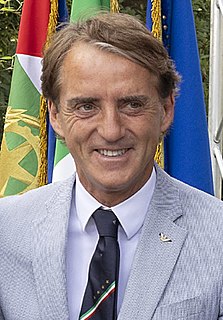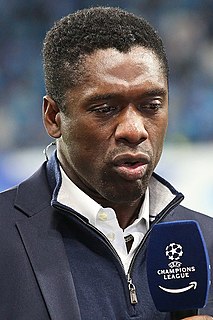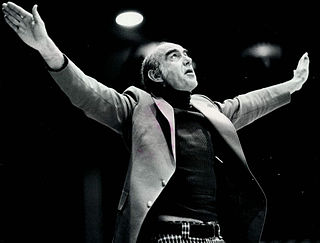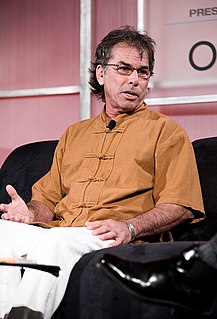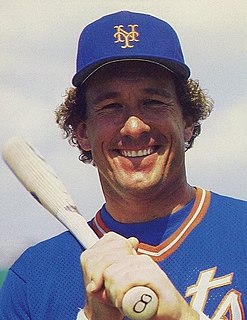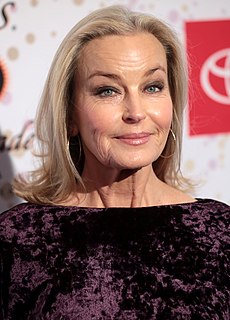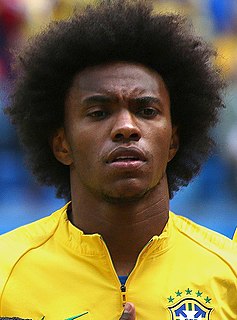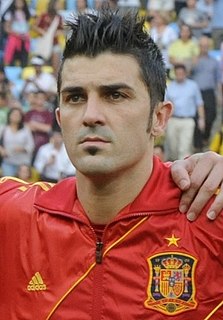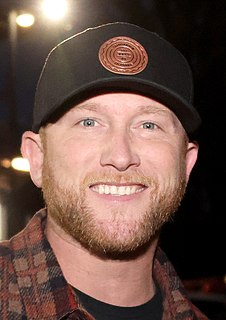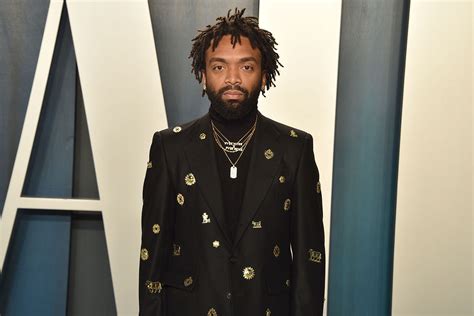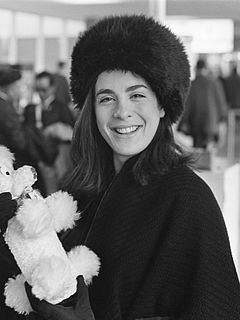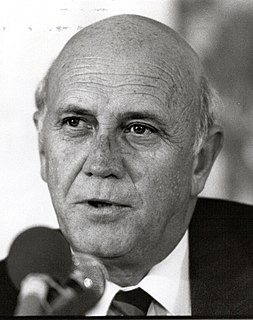A Quote by Toni Duggan
We were super successful under Mark Sampson because teams didn't expect us to play the way we played. We were so direct and played to people's strengths.
Related Quotes
He wanted us to play whatever we played in the most characteristic and appropriate style. Even it was the theme from 'The Godfather,' you needed to play that then the way that a Hollywood producer would expect it to be played. Whether it was that or the posthorn solo from Mahler's Symphony No. 3, he would expect that to be played in the way that Leonard Bernstein wanted to hear it. In retrospect, I think it was a sensational way to teach this particular group of students. By the time you graduated you could absolutely read anything with any trumpet.
We in the Negro leagues felt like we were contributing something to baseball, too, when we were playing. We played with a round ball, and we played with a round bat. And we wore baseball uniforms, and we thought that we were making a contribution to baseball. We loved the game, and we liked to play it.
Sanctions kept us on our toes, it made us realize that we were drifting into a situation of growing isolation so I wouldn't go as far as to say sanctions didn't play a role but if I were to put on a scale, the issues of conscience played a much greater role than the sanctions. We could have withstood sanctions for many more years. We became experts in circumventing sanctions... So sanctions played a role but it wasn't the major role.


